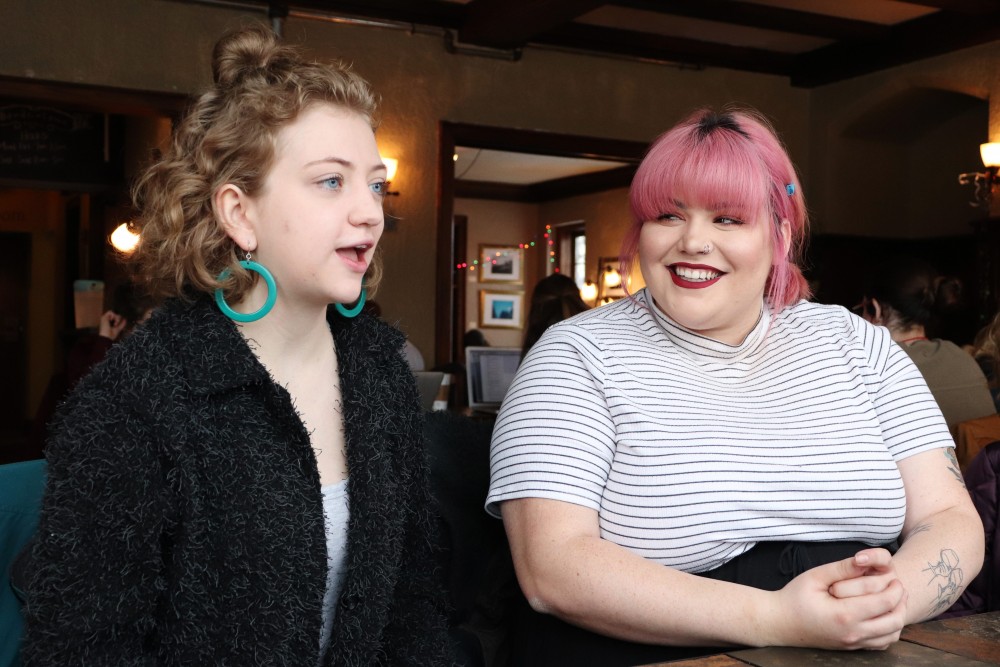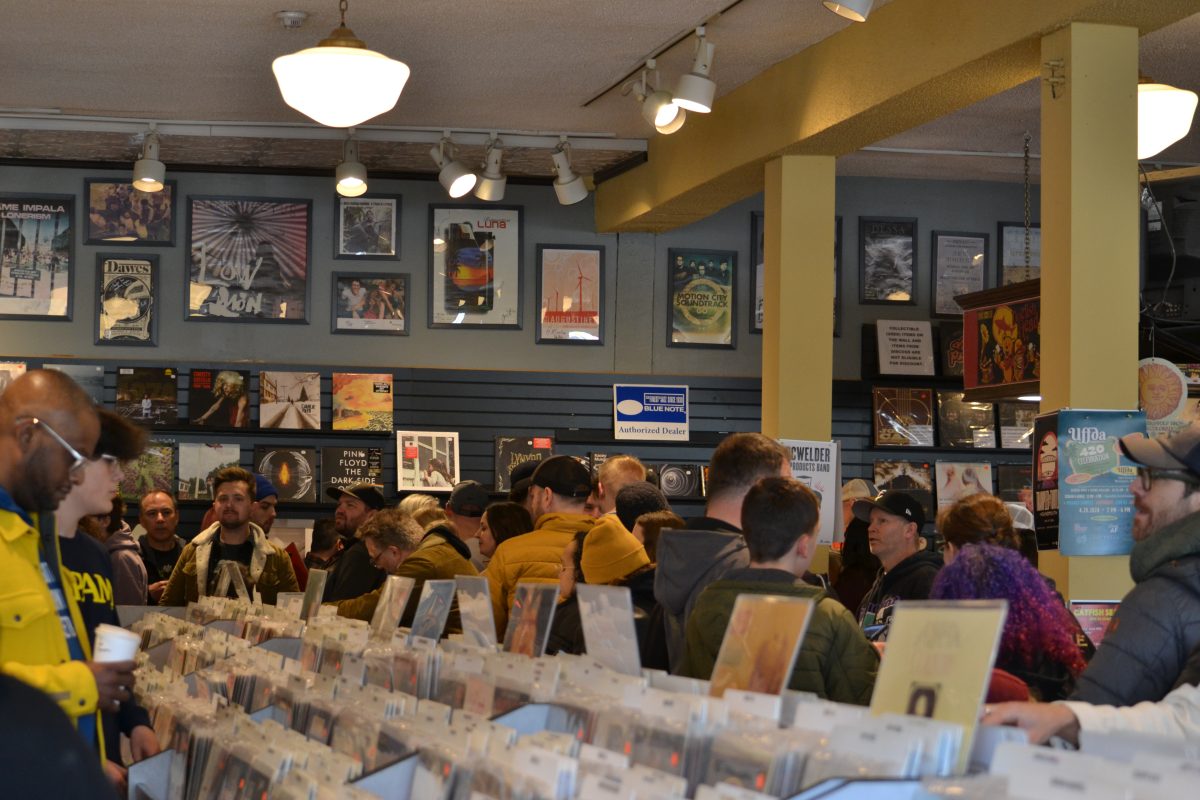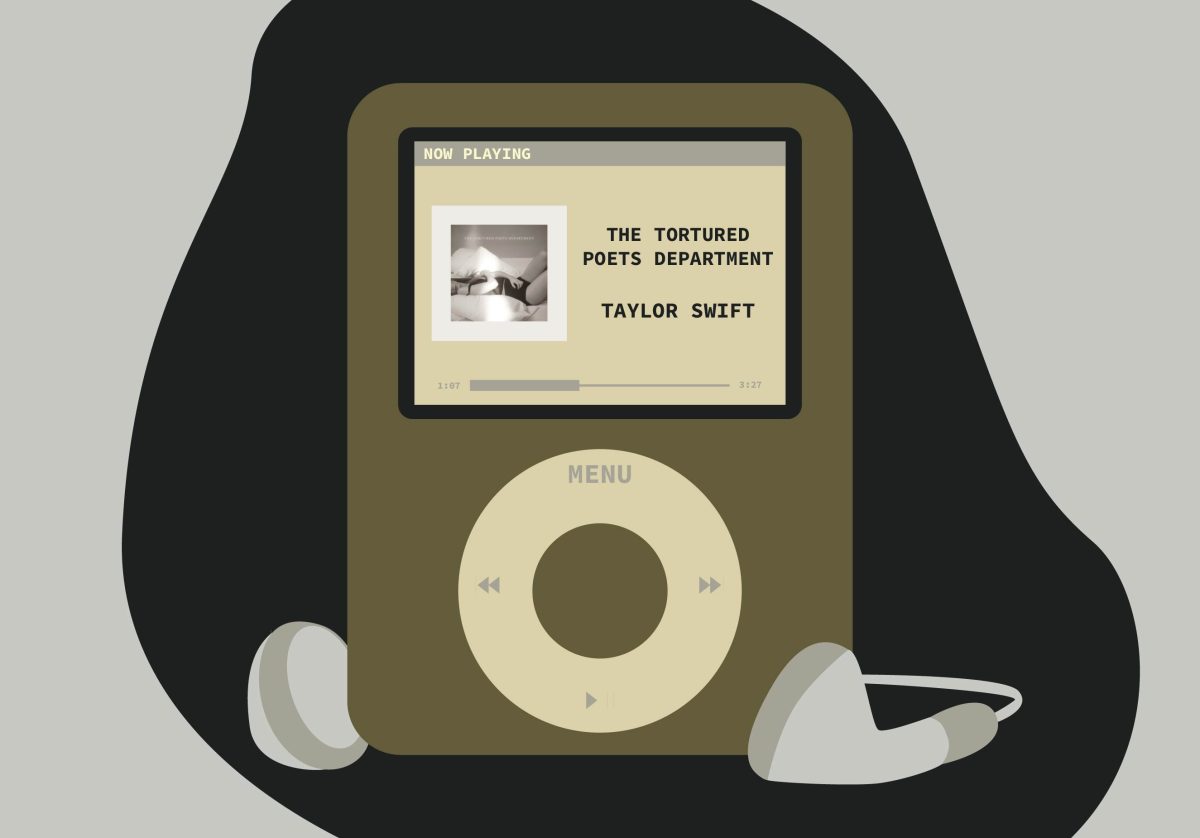Oftentimes the feeling of uncertainty creeps out from the corner in which it was hiding. It strikes each person differently, adopting different forms as it manifests.
Trouble Child Mag wants to hear those stories.
The new art and literary magazine, which is accepting submissions starting Jan. 1, addresses the anxieties and fears that come with being human. The staff is made up of University of Minnesota students and recent alumni with an interest in literary works and art.
“Uncertainty isn’t something that ever really leaves your life,” said managing editor Aubrey Asleson. She is also a fiction editor for the magazine and a University of Minnesota alum. “All of us definitely feel it in different ways right now … I think it’s just something that sticks with you.”
The idea behind the magazine came from Asleson about a year ago and has since grown into a team of 12 members. She and some friends set up meetings over sangria and Trouble Child was born, taking the name of Joni Mitchell’s song “Trouble Child.”
“I was in a Joni Mitchell phase,” Asleson said. “It definitely came from the song. … We were … all in my car one day over the summer and I was just listening to Joni Mitchell and … that song came on.”
Combining poetry, prose, visual art and spoken storytelling, the magazine welcomes creativity at any level. It offers an all-embracing experience of their target theme, which is something other literary magazines don’t normally do.
“We didn’t want to have any limitations to the kind of work that can be put out into the world to talk about stories of uncertainty,” said Koryne Martinez, the marketing director, a non-fiction editor and a senior studying English and creative writing.
Trouble Child hopes to provide an open outlet that fosters a sense of community within the literature scene in the Twin Cities. The submission process includes face-to-face edits to help their writers and artists grow, rather than making the whole experience impersonal, Asleson said.
“We really want to connect with our readers and writers,” Asleson said. “I think that it can feel so distant … submitting to an art magazine. You hear back forever later and … you don’t know those people. … There’s a lot of value in knowing them and making art that is accessible and having people that are accessible.”
Their podcast, “Trouble Children,” embraces that same collaborative process by allowing their guests to contribute to the editing of their episode. Still in their beginning stages, they’re looking for people willing to share their story of uncertainty and identity.
Jeyca Maldonado-Medina, a University alumna, produces the podcast, which is hosted by Angela Vang. Maldonado-Medina got inspiration for the podcast from her own experiences as a Latina woman in an area with a lack of diversity.
“I became really interested in identity and … how it plays out in everybody’s day-to-day lives, and also interested in the idea that … the way we identify … changes over time,” Maldonado-Medina said.
While the magazine will formally begin accepting submissions on Jan. 1, they will be accepting flash submissions of shorter pieces starting Dec. 10 through their website.
The storytelling involved in the magazine, whatever form it takes, can be cathartic and encouraging.
“When I read literature that I can relate to, it makes me feel a little more sane,” Martinez said. “We want [Trouble Child] to bring a sense of community in the literary scene. We want to … highlight that this universal feeling can bring people closer together … [and] show that literature is a way to connect.”

















